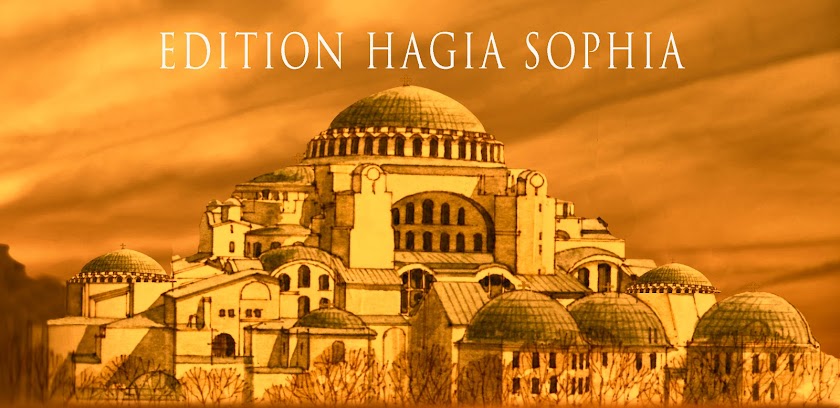A Memorandum of the Sacred Community of Mount Athos
The article of the co-president of the Joint Commission for Theological Dialogue between the Orthodox and Non-Chalcedonian Churches, the Most Reverend Damascene, Bishop of Switzerland, which was entitled "The Theological Dialogue of the Orthodox Churches and the Oriental Orthodox Churches: Thoughts and Perspectives" [Episkepsis #516 / March 31, 1995] gave impetus to more disquiet on the part of the Holy Mountain regarding the development of this Theological Dialogue.
It is well known that a hurried union is being forced upon the Orthodox and the Non-Chalcedonians in spite of the yet existing dogmatic differences and of unsettled ecclesiological problems, such as, for example, the unconditional acceptance of the Decrees of the Ecumenical Councils and of their sacredness and universality by the Non-Chalcedonians.
The Administrative Council of the Sacred Community, in its report concerning the Dialogue of Orthodox and Non-Chalcedonians, dated February 1, 1994, expresses its reservations about the course taken by this theological dialogue; in short, it is not guiding to a union in the Truth, one acceptable from the orthodox viewpoint. Such reservations have also been expressed by eminent professors of the Theological Schools and by other churchmen in special studies on this specific issue.
On such important matters, wide discussion is mandated within the fold of the church body, for its information, so that the consciousness of the Church may function freely, without hindrance.
Such a discussion, however, is described by the Bishop of Switzerland in his aforementioned article as "criticism expressed by certain religious circles to arouse doubts over issues which are completely covered by the theology expressed in the two 'Joint Statements'" [p. 15]. From this description it appears that His Grace understands the theological Dialogue as a subject only for certain theologians, experts of dogmatics, who are quite indifferent to the disquiet of the pious. If indeed the people of God is upset by the theology of the Joint Declarations, is it not obligatory that a synodical decision by the Church be made about their orthodoxy? And such a decision should be made in a very short time, lest the disquieting development of this theological dialogue based on a possibly false theology proceed further.




